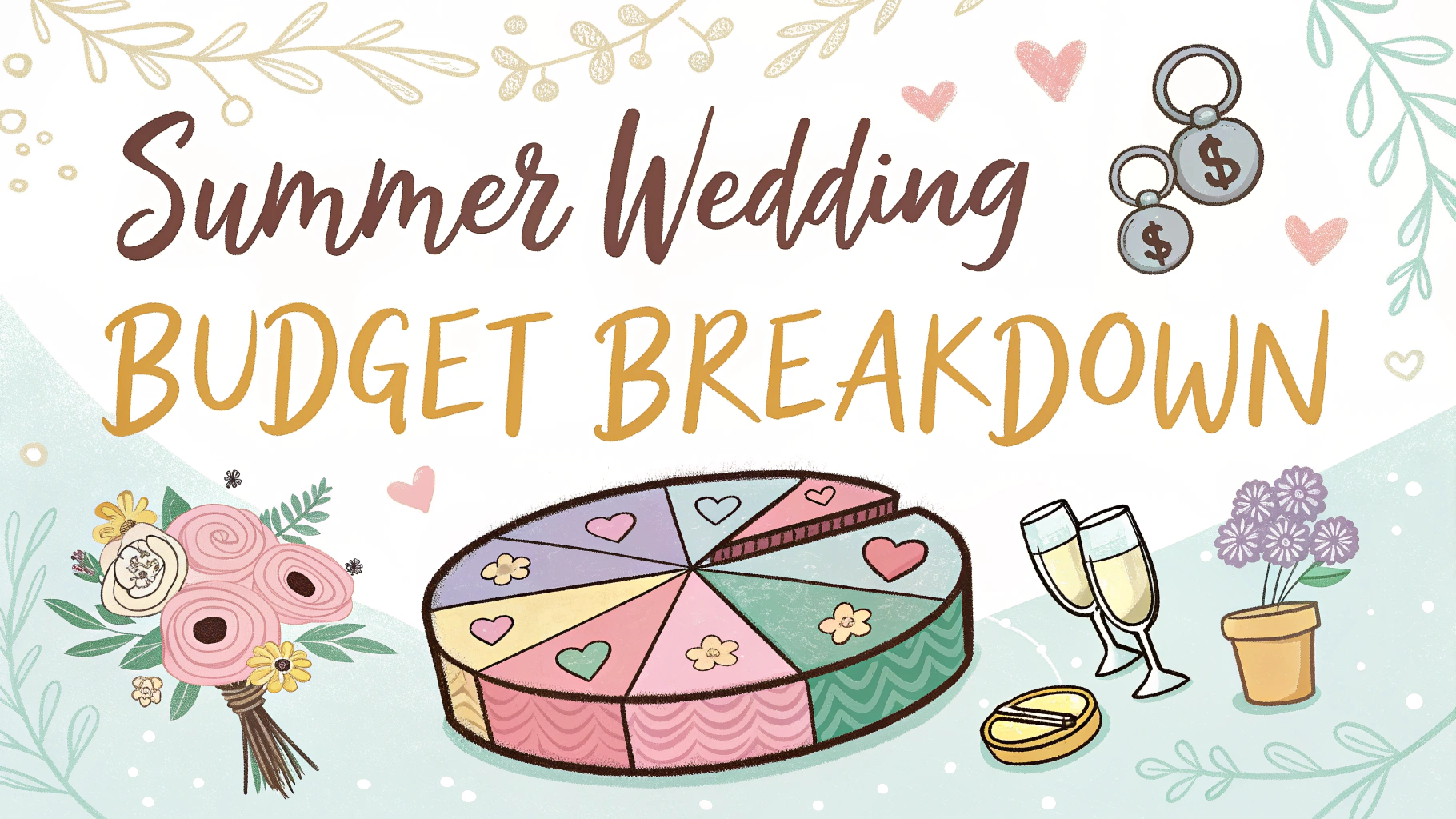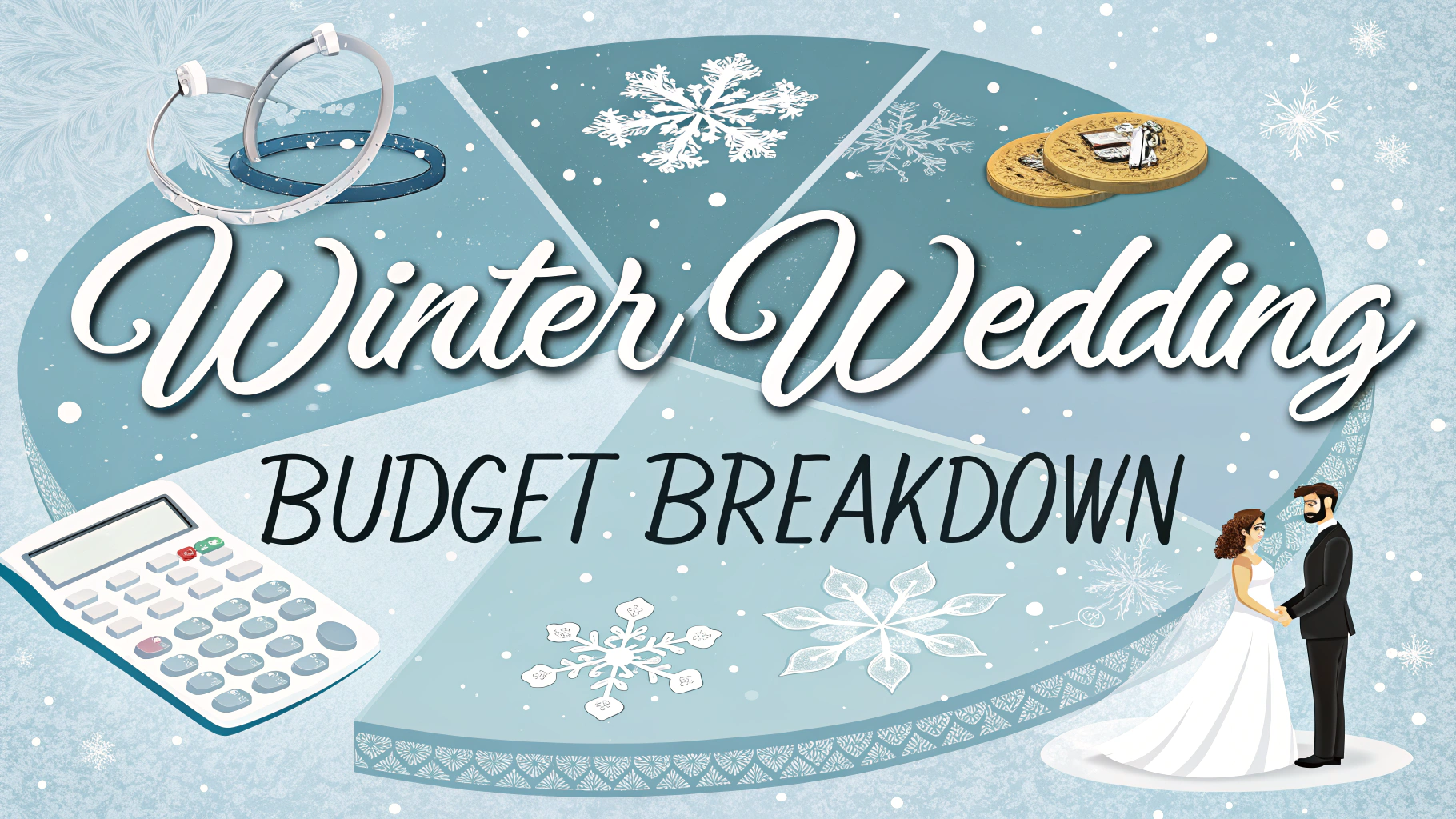Working with wedding vendors is one of the most important aspects of planning a successful wedding celebration.
Establishing positive relationships with your vendors helps ensure smooth communication, better service, and potentially even cost savings for your special day.
This guide shares practical tips for building and maintaining strong partnerships with wedding professionals, from initial meetings through the big day.
Starting Your Vendor Search
- Research vendors through wedding websites, social media, and local bridal shows
- Ask married friends and family for personal recommendations
- Read reviews on multiple platforms (WeddingWire, The Knot, Google)
- Create a shortlist of 3-4 vendors for each category
First Meeting Best Practices
Schedule initial consultations at least 9-12 months before your wedding date.
- Prepare a list of specific questions about their services
- Bring inspiration photos and examples of what you like
- Take detailed notes during meetings
- Request to see full portfolios of previous work
- Ask about their backup plans for emergencies
Clear Communication Guidelines
- Set preferred communication methods (email, phone, text)
- Establish response time expectations
- Keep all correspondence in writing
- Save emails and messages in a dedicated folder
Contract Management Tips
Always get everything in writing with detailed contracts.
- Read every contract thoroughly before signing
- Verify payment schedules and cancellation policies
- Confirm delivery times and setup details
- Keep copies of all signed documents
Building Professional Relationships
- Respect vendor business hours
- Pay deposits and installments on time
- Express appreciation for their work
- Share reasonable concerns promptly
- Provide accurate guest counts and timeline updates
Timeline Management
Create a shared timeline document with all vendors.
- Include setup and breakdown times
- Note delivery windows and access requirements
- Share parking information and venue rules
- List emergency contact numbers
Problem Resolution Strategies
- Address concerns directly with vendors first
- Document all issues in writing
- Propose reasonable solutions
- Reference contract terms when needed
- Maintain professional communication
Moving Forward Successfully
Write honest reviews after your wedding to help future couples.
Consider referring great vendors to friends and family.
Send thank-you notes to vendors who exceeded expectations.
| Vendor Type | Booking Timeline |
|---|---|
| Venue | 12-18 months before |
| Photographer | 9-12 months before |
| Caterer | 8-12 months before |
| Florist | 6-8 months before |
Day-Of Coordination
- Designate a point person for vendor communications
- Create a contact sheet for all vendors
- Confirm final details one week before
- Share venue layout maps with relevant vendors
- Organize vendor meals if contractually required
Payment Planning
- Track payment due dates in a calendar
- Prepare final payments in advance
- Keep receipts and payment confirmations
- Include gratuities in your budget
- Discuss any additional fees upfront
Contract Modifications
- Request changes in writing
- Get written confirmation of adjustments
- Update timeline documents accordingly
- Share modifications with affected vendors
- Keep track of any price adjustments
Creating Lasting Professional Partnerships
Strong vendor relationships contribute significantly to wedding success. Maintain professionalism throughout the planning process and focus on clear communication. Remember that vendors are experienced professionals who want to help create your perfect day.
- Follow up with feedback after meetings
- Share final wedding photos with vendors
- Recommend exceptional services to others
- Stay connected for future celebrations
FAQs
- What is the best time to start reaching out to wedding vendors? Start contacting vendors at least 12-18 months before your wedding date, especially for in-demand services like venues, photographers, and popular caterers.
- How many vendors should I meet with before making a decision? Meet with at least 3 vendors in each category to compare styles, prices, and personalities. This gives you a good range of options without becoming overwhelmed.
- Should I get all vendor agreements in writing? Yes, absolutely. Every vendor agreement should be formalized with a written contract that includes pricing, services, dates, times, cancellation policies, and specific deliverables.
- What questions should I ask potential vendors about their experience? Ask about their years in business, number of weddings completed, backup plans, insurance coverage, and whether they’ve worked at your venue before.
- How do I handle vendor deposits and payment schedules? Most vendors require a 25-50% deposit to secure their services, with the balance due either in installments or a few weeks before the wedding. Always get receipts and keep detailed payment records.
- What’s the proper etiquette for vendor meals at the wedding? Provide meals for vendors who will be present during your reception, including photographers, videographers, musicians, and coordinators. This is often stipulated in their contracts.
- Should I tip my wedding vendors? Tipping varies by vendor type and service quality. Generally, tip 15-20% for personal services (hair/makeup), $50-$100 for delivery services, and $100-$500 for key vendors like photographers and coordinators.
- How do I handle conflicts or disagreements with vendors? Address issues promptly and professionally, reference your contract, document all communication in writing, and involve your wedding planner if you have one to mediate discussions.
- What should I do if a vendor cancels close to my wedding date? Review your contract’s cancellation clause, request an immediate refund, and ask the canceling vendor for recommendations. Many vendors have networks they can tap into for emergency replacements.
- How can I ensure vendors communicate effectively with each other? Share your vendors’ contact information with each other, create a detailed timeline, and consider having a final vendor meeting or call before the wedding to coordinate logistics.








